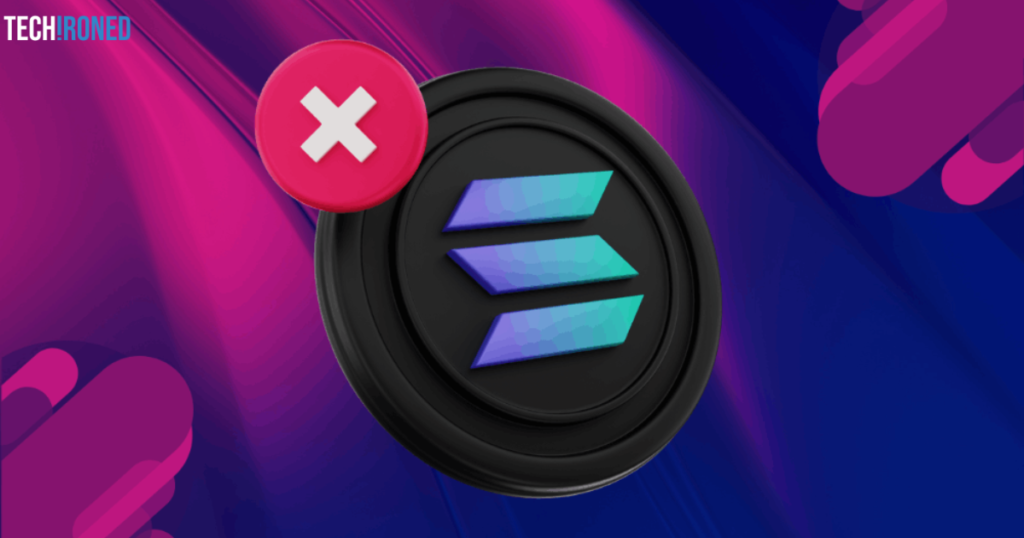The Solana (SOL) network is encountering congestion problems which are caused by spam transactions. This congestion has caused significant delays in transaction processing and the cancellation of numerous transactions.
Table of Contents
Solana Network Encounters Congestion
Users of popular wallet applications like Phantom on Solana have been advised to expect longer wait times for their transactions to be completed. In response to these challenges, the altcoin’s development team has convened to explore potential solutions.
The congestion problem is largely attributed to the increase in spam transactions and automated bots attempting to prioritize their activities over those of regular users. This issue has been exacerbated by a sharp rise in transactions related to newly launched meme coins, creating an unprecedented demand for the network’s block space and hindering many users’ access to the network.
First Quarter of 2024
The first quarter of 2024 witnessed a significant increase in meme coin activity on the Solana Blockchain, with a record number of new altcoins being introduced on Solana DEXs. This surge suggests that Solana is attracting a large number of new and individual users due to its relatively low transaction costs, with spam transactions emerging as a major bottleneck.
Addressing the issues
To address these issues, the Solana development team is actively working on effective solutions, including ongoing software updates. Anatoly Yakovenko, co-founder of Solana, emphasized that implementing these updates effectively may take some time.
A key step in resolving the problems is the 1.18 update scheduled for release in April, which aims to strengthen transaction scheduling and thereby facilitate transactions while reducing bottlenecks.
Congestion affecting the Network’s Infrastructure
The congestion issue currently affects the network’s infrastructure, impacting users’ ability to use the Blockchain. To mitigate this, Anza, a developer from Solana’s Agave validator clients, will provide fixes targeting specific issues with the QUIC implementation.
These updates are expected to improve the client’s performance, particularly in scenarios involving high-demand volumes. Furthermore, the implementation of priority fees will be crucial.
Many applications running on Solana are not currently utilizing priority fees, leading to transaction delays or non-processing. A blog post published by Solana Labs in March anticipates that integrating dynamic priority fees into decentralized applications (dApps) will address issues affecting user experience.
Conclusion
To conclude, the Solana network encounters congestion issues, primarily caused by spam transactions, which have led to significant delays and transaction cancellations, impacting user experience. However, the development team’s proactive efforts, including ongoing software updates and the upcoming 1.18 release, aim to address these challenges and improve the network’s performance.
- Don’t Forget more News and Research articles at
- https://techironed.com/
